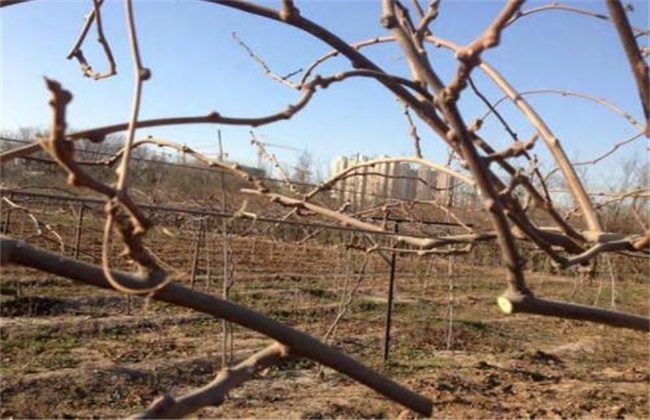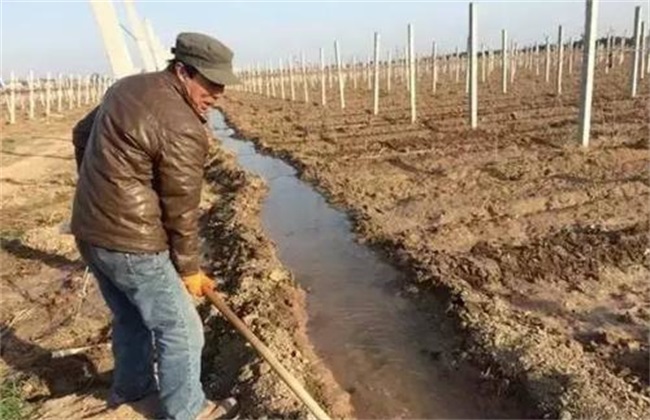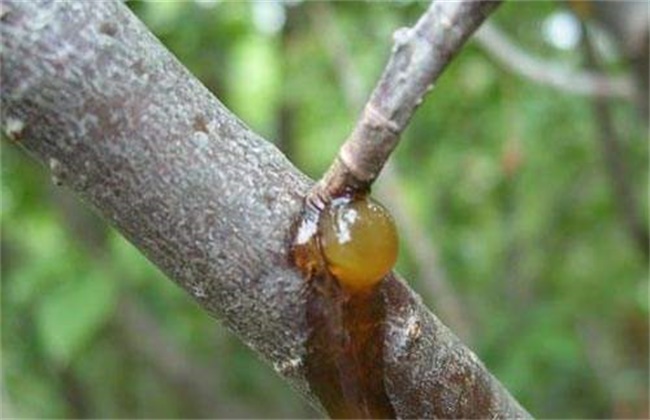Misunderstandings and matters needing attention in winter shearing of kiwifruit
Kiwifruit tree is a widely distributed fruit tree in China, which has a large planting area. Pruning is indispensable when planting kiwifruit trees. Especially in winter, winter cutting is very important for kiwifruit trees to blossom and bear fruit the following year. And many fruit growers have a lot of misunderstandings when cutting kiwifruit trees in winter. So the editor brings you the misunderstanding and matters needing attention of kiwifruit tree winter cutting today, let's have a look!

1. Leave no new branches
When pruning, many fruit growers will use thinning and pruning, and will only retain the fruiting mother branch and pay no attention to the renewal of the branch. As a result, there are only fruiting branches but no auxiliary branches on the tree, which affects the accumulation of the tree, leads to the thickening and slowness of the tree, and is prone to various diseases. Therefore, we have to keep about general regeneration branches every year for the restoration of kiwifruit trees. The main method to renew branches is to retract and prune, keeping about two buds. The cutting mouth should also retain the root branch properly, the root branch is mainly short branch, do not start, if the root branch is more prosperous, then cut it short.
2. Only strong branches are used as fruiting mother branches.
Some fruit growers, especially novice fruit growers, will only use strong branches as fruiting mother branches when cutting in winter. In fact, this is also very disadvantageous to the growth of kiwifruit trees. Because the germination rate of strong branches is very low, and the rate of some fruit branches is not very high, it is easy to produce frost injury, canker and other diseases. Therefore, when we cultivate fruiting mother branches, we should give priority to three kinds of old, middle-aged and young branches. Taking Zhongyong branch as an example, about 1/3 fruiting mother branches can be selected by the method of selecting and leaving continuous results. That is, several buds are kept at the uppermost stalk of the strong branch to be cut so that it can bear fruit continuously.
3. Cut short only at the full buds
It is also a misunderstanding for many people to sprout a short cut only when they are full. If the full bud is short, the top advantage of the full bud below the cut will be strengthened, resulting in a lack of nutrition in the root, thus reducing the germination rate. It has a great impact on the tree potential, resulting in poor root development. If you leave too much fruit in the following year, the fruit trees are also prone to premature senescence. So under limited conditions, we'd better keep it as long as possible. It can be cut short at the full bud at the top. For the small case of the shelf surface, it can be bound in the sparse branches to ensure sufficient space.
4. Points for attention
When we prune, we must first pay attention to pruning according to the normative tree. The backbone branches and main vines cannot be retracted casually. When the branches are relatively sparse, some of the branches that have borne fruit should be pruned according to the branch group to occupy the shelf surface. Keep the strong fruiting branches and keep about 5 buds in front of the uppermost stalk for short cutting so as to continue to bear fruit. As for the short branches with large space and topping, they do not need to be trimmed to make them grow prosperous branches and improve the utilization rate of space.
The above is a brief introduction to the misunderstanding and matters needing attention of kiwifruit winter shearing. That's all for today's introduction. This article is for reference only. I hope it can help you all.
Related
- Moge, come on! The staff of the peasant association in the producing area of cantaloupe were frightened when the crowd gathered.
- Causes and Solutions of low Fruit setting rate of Apple
- Symptoms and control measures of passion fruit virus disease
- Fruit growing lesson: how do apple orchards keep high yields?
- Can you build orchards in the mountains? What are the pros and cons?
- How to manage the coloring period of Crisson grape?
- This paper introduces the processing technology of two kinds of fig products.
- How much is a month for retired teachers in rural areas by 2020?
- How can strawberry planting increase sugar content? We should pay attention to management in many aspects.
- What are the cultivation techniques on how to improve the yield of golden fruit?



